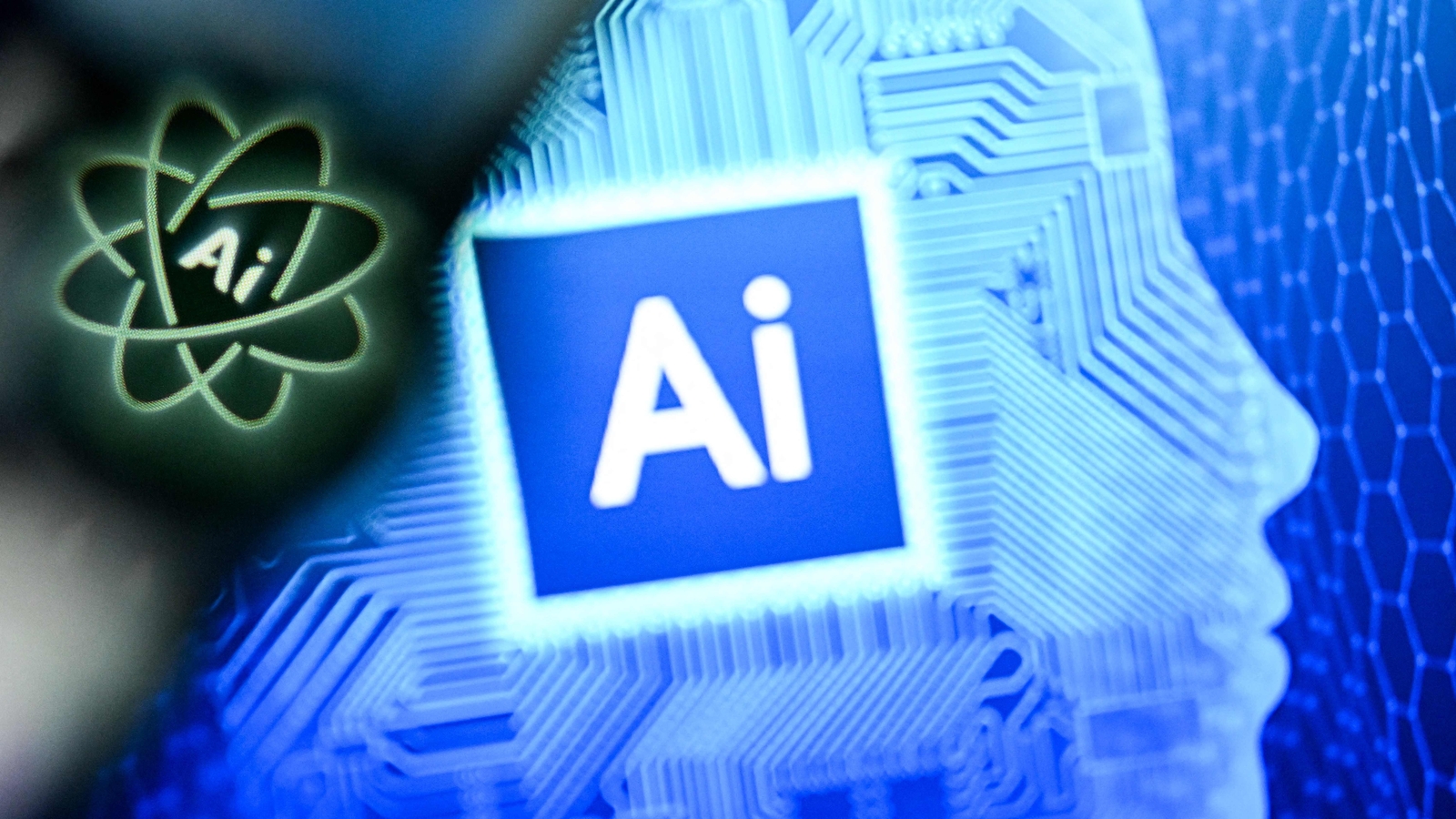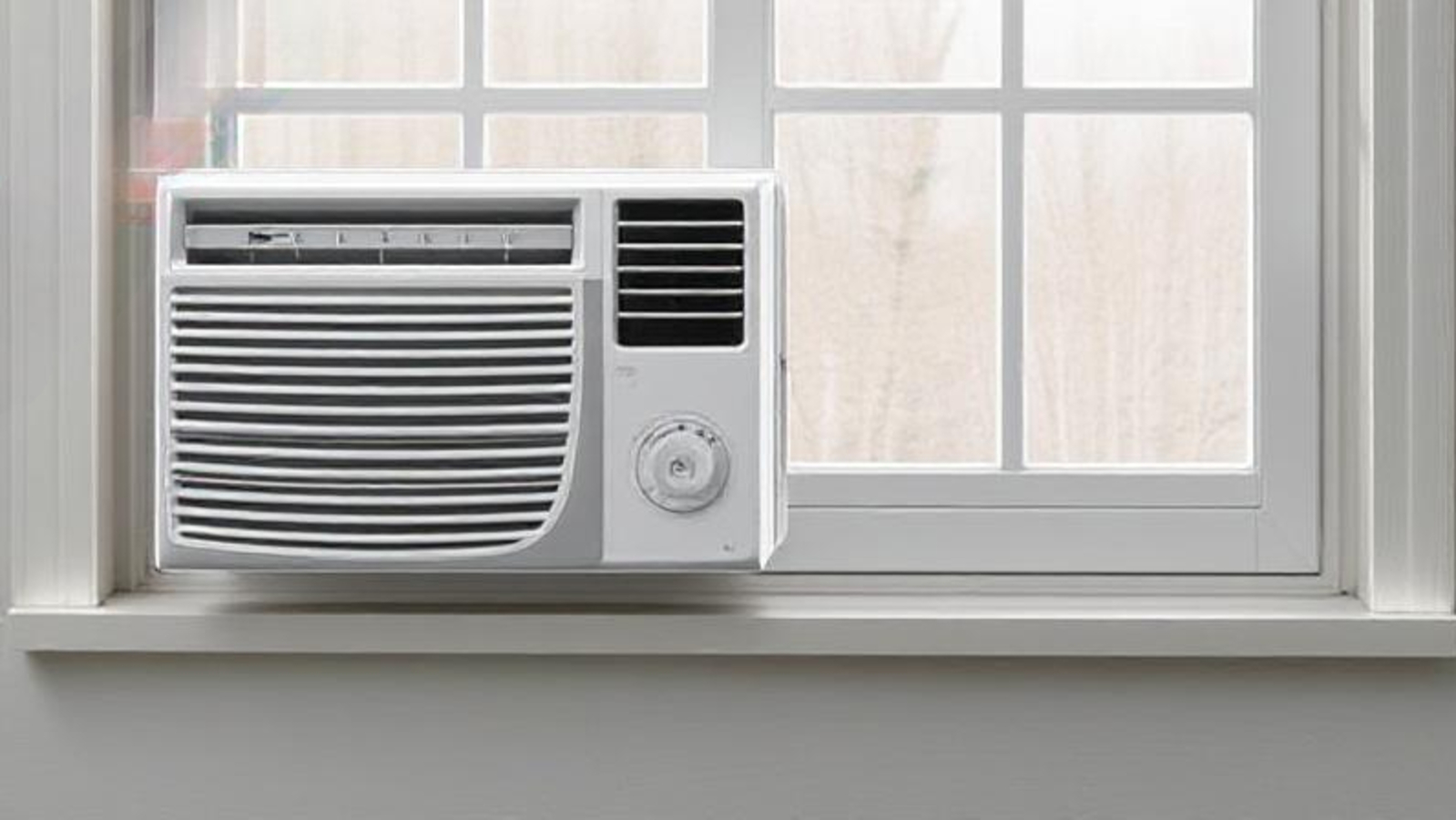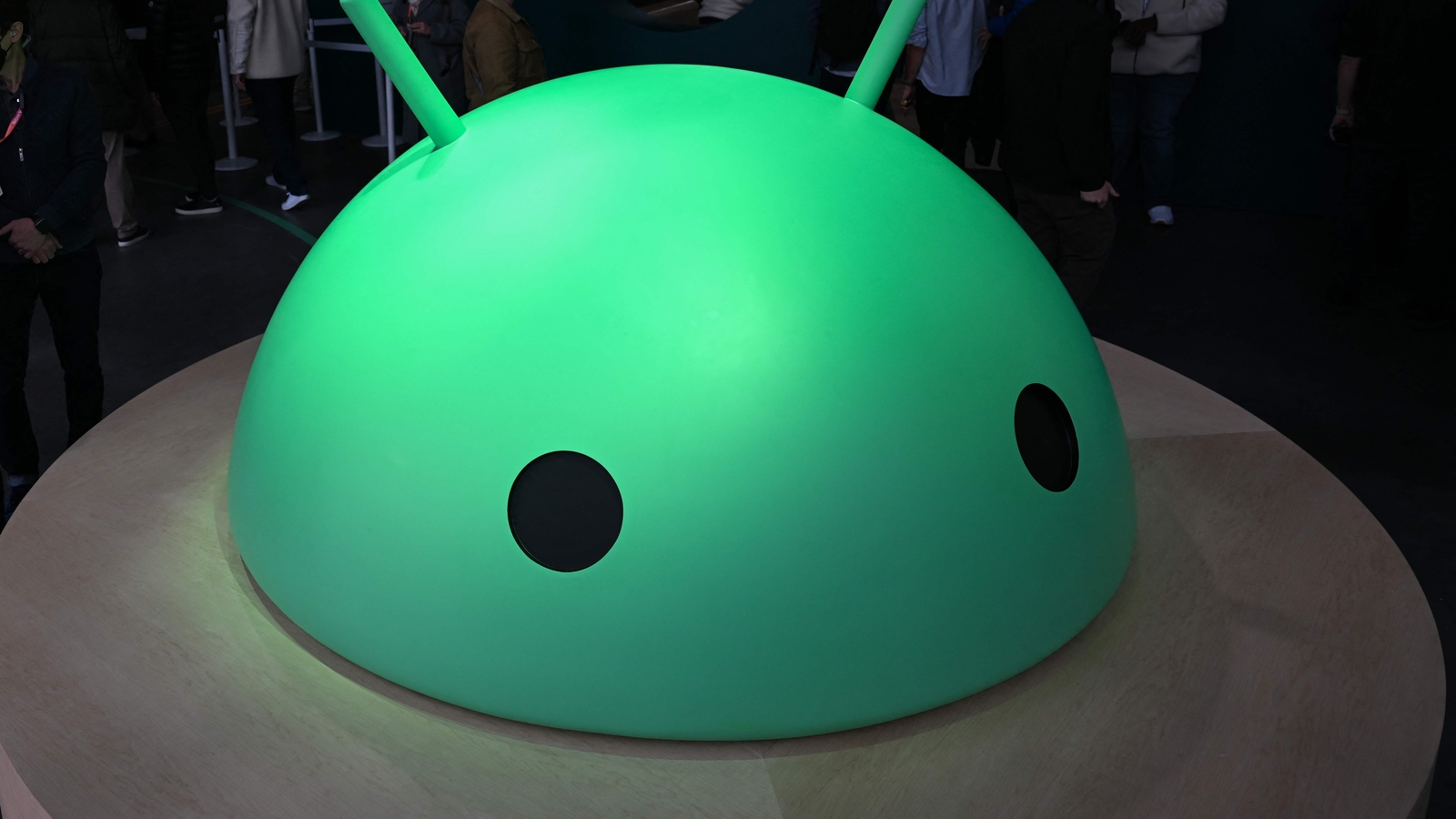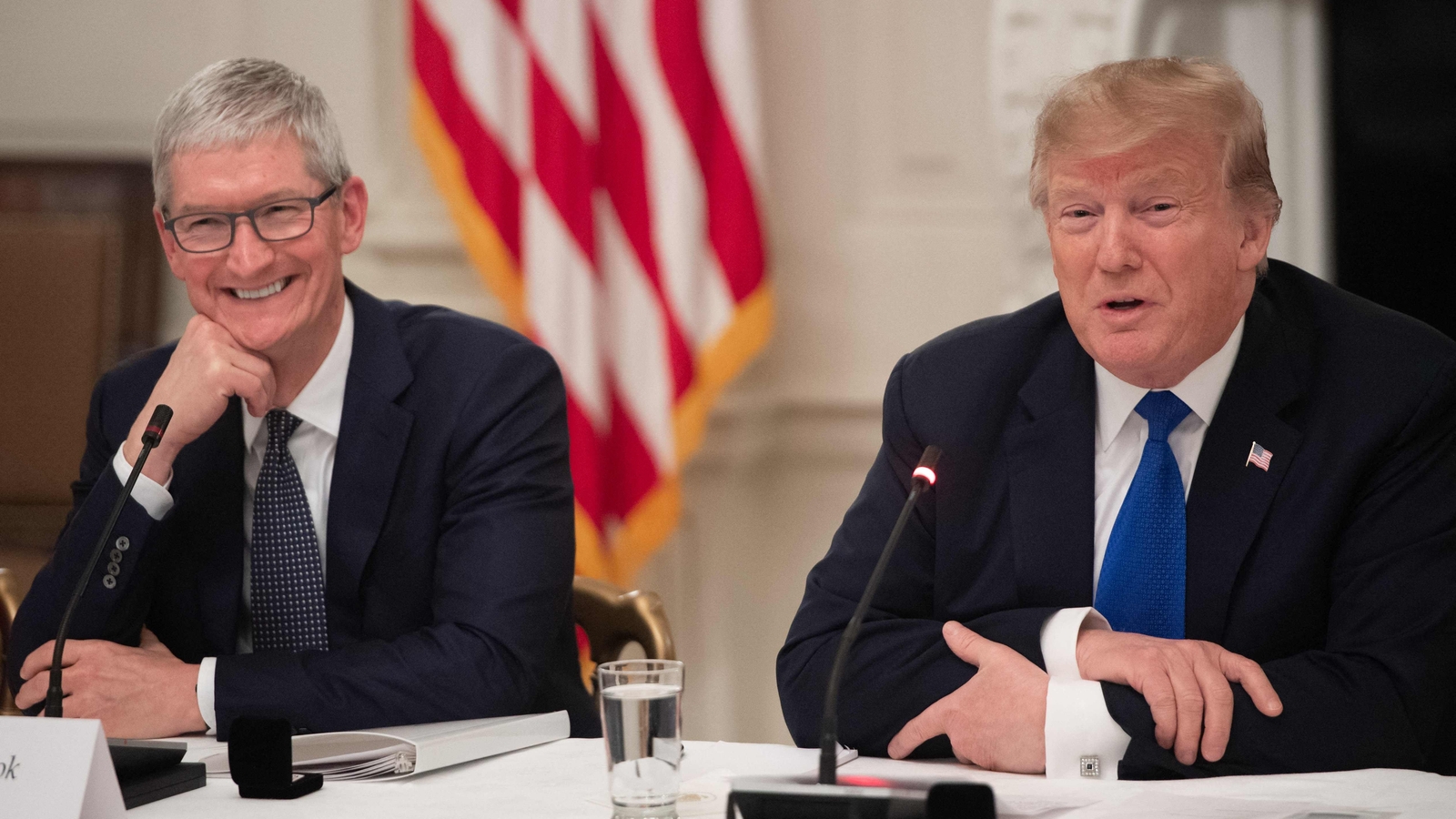In a peak AI vs doctors moment, a new revelation has come forward when a desperate mother takes the help of ChatGPT to find out what’s wrong with her 4-year-old son after 17 doctors failed to provide the right diagnosis and treatment. With the use of AI tools growing each passing day, people are now heavily relying on chatbots for their smallest to biggest queries. One good example which we came across was when Alex’s mother rushed from doctor to doctor over 3 years period, but no one could find a cure or the right diagnosis for his rare condition. Know how Courtney took the help of ChatGPT and found out about Alex’s Tethered cord syndrome, along with the next step forward to cure.

Also read: 5 Google Pixel AI features that will make you rethink your smartphone experience right now
ChatGPT detects Tethered cord syndrome just by a child’s symptoms.
According to a TODAY.com report, ChatGPT was used to save a 4-year-old boy’s life as more than a dozen doctors failed to provide a solution. During the COVID-19 pandemic, Courtney started noticing some discomfort in her four-year-old son. Alex’s toothache surfaced, and he started to chew random things to ease the pain. Later, the mother also noticed that Alex’s growth rate had slowed down, causing major worries. Additionally, the boy also started to develop imbalances in the left and right side of the foot, but no doctor could find the real reason.
Also read: Apple to add cameras in future Apple watches with AI features and advanced capabilities: Report
After getting frustrated with doctors, Courtney turned to ChatGPT to find the answers to Alex’s abnormalities. The mother mentioned, “I went line by line of everything that was in his (MRI notes) and plugged it into ChatGPT,” along with all the noticeable symptoms Alex was facing. After careful consideration, within seconds, ChatGPT provided a neurological disease called “tethered cord syndrome”, which occurs in the tissue surrounding the spinal cord.
After ChatGPT’s recommendation, Courtney joined a Facebook group where she found out children suffering with similar symptoms as Alex. Then, she reached out to a new neurosurgeon with ChatGPT’s suggestion, only to confirm that the AI chatbot was absolutely correct. Later, Alex underwent a spinal cord surgery and is now recovering.
Also read: 7 Ways AI is Transforming Creative Industries
Is ChatGPT reliable for medical diagnosis?
The above-mentioned case could inspire many to seek help from ChatGPT or any other AI chatbot, but they might not be correct all the time. AI is still an evolving technology, and it’s not error-free; it can make mistakes. Several AI companies, including Google and OpenAI, are still battling with AI hallucinations. However, with refinements, the AI could work alongside doctors or the healthcare sector in providing treatment, personalised care, and more to suffering patients.












Leave a Reply